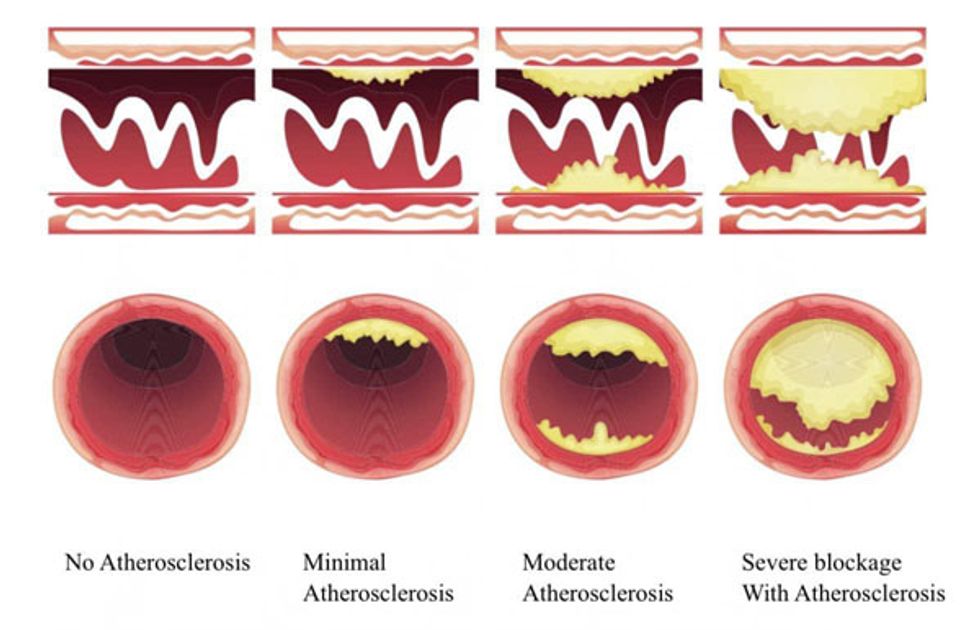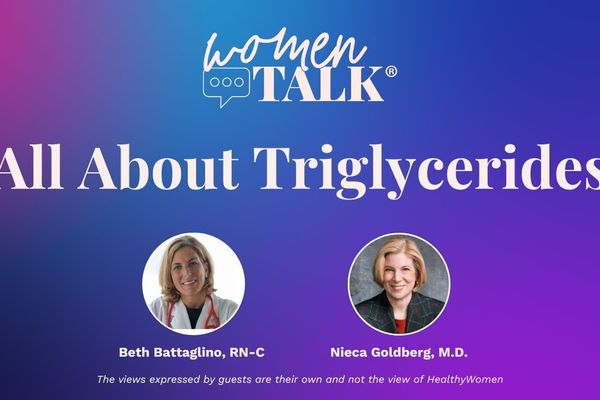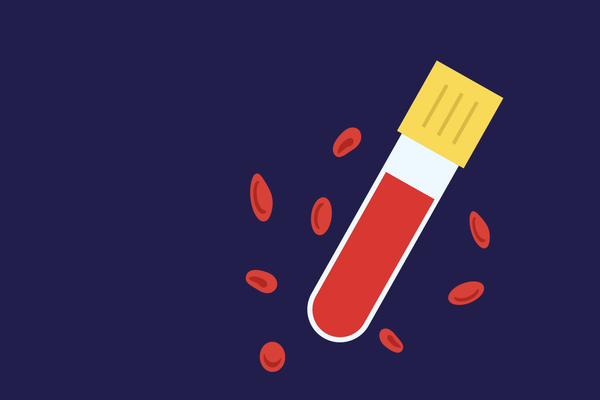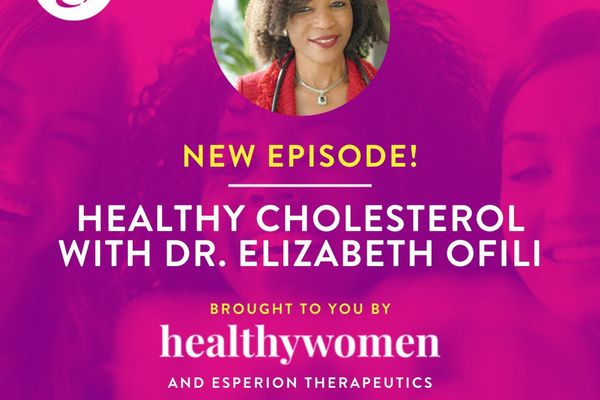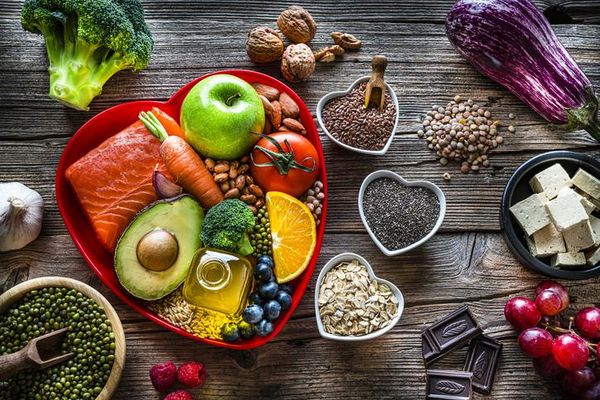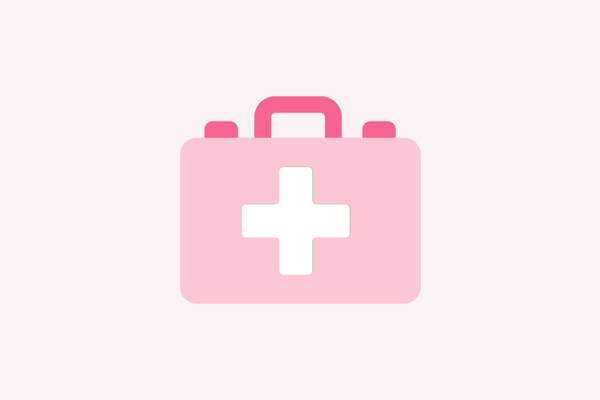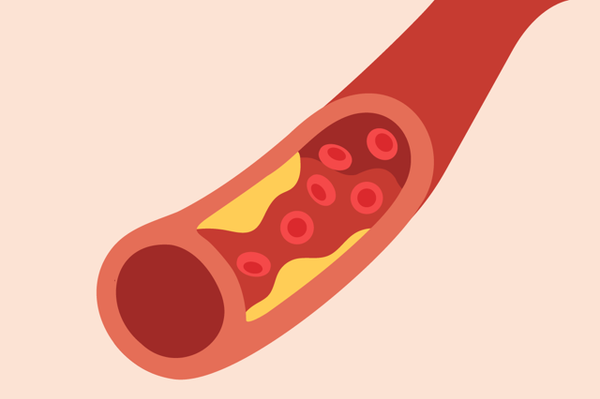If you're under 45 and haven't known someone affected by heart disease, chances are pretty high that understanding cholesterol is probably not top of mind. And yet, knowing more about cholesterol, what your cholesterol numbers are and what they mean could help you live a longer, healthier life.
Cholesterol is essential for your health
Cholesterol is an essential component of the membranes that encircle all of the cells in our bodies. It's also one of the building blocks for many of our hormones including cortisol, estrogen and testosterone. Our brains love cholesterol. In fact, there's more cholesterol in our brains than anywhere else.
Cholesterol is found in animal products, such as butter, milk, cream, cheese, egg yolks and meat. We used to think that eliminating all animal products from a person's diet would automatically result in a lowered cholesterol, but that's not the case.
Because cholesterol is so important for the optimal functioning of our brains and bodies, our bodies will actually make cholesterol, even if a person is a vegetarian and has no animal products that contain cholesterol. That's why many people who eat no animal products are shocked at their cholesterol levels. Learn more about Foods to Lower Your Cholesterol Count.
When too much cholesterol in the blood is dangerous
Like Goldilocks, you don't want too much cholesterol or too little. You want it to be just right. When it comes to our blood vessels, especially the teeny, tiny coronary arteries that bring blood to the muscles of the heart, we don't want to clog them with waxy cholesterol. This is known as atherosclerosis. Here's an illustration of what atherosclerosis looks like in blood vessels.
When atherosclerosis is severe, the vessels can become partially blocked. Anything that causes those blood vessels to constrict and get smaller, such as high blood pressure or smoking, can lead to loss of blood flow to the heart, chest pain known as angina and, in some cases, heart attack.
The American Heart Association has this slide show that dives deeper into how cholesterol is formed and what it does.
Know your numbers
Cholesterol is a type of fat in our bodies. It's also known as a lipid, blood lipid or lipoprotein.
There are different types of cholesterol
High-density lipoprotein (HDL): This is known as the "good" or healthy cholesterol. It is protective against the buildup of atherosclerosis and helps remove the low-density cholesterol from the bloodstream. One way to increase HDL is to exercise more and stop smoking. Ideally, an HDL greater than 40 milligrams per deciliter is considered healthy for men. For women, an HDL greater than 50 mg/dL is considered healthy. If you have an HDL greater than 60 mg/dL, you have a much lower risk of heart disease.
Low-density lipoprotein (LDL): This is known as the "bad" cholesterol because when these levels are high, atherosclerosis is more likely. Ideally, your LDL should be less than 100 mg/dL. If you have a history of heart disease, your LDL should be less than 70 mg/dL.
Very low-density lipoprotein (VLDL): This is a sub-type of LDL and is more likely to cause atherosclerosis. Roughly half of a VLDL particle is made up of triglycerides. It's not easy to measure VLDL cholesterol, so it's usually estimated as a percentage of your triglyceride measurement. Ideally, your VLDL should be less than 30 mg/dL.
Triglycerides: Triglycerides are what the body makes from excess blood glucose that occurs when we eat too many carbs or have insulin resistance and/or diabetes. Triglycerides are a building block for LDL cholesterol. Ideally, your triglycerides should be less than 150 mg/dL.
I hope this helps with your understanding of cholesterol and why your numbers are so important.
This blog originally appeared on Nurse Barb. Barb Dehn is a women's health nurse practitioner, award-winning author and nationally recognized health expert. She practices with Women Physicians in the Silicon Valley of California.


